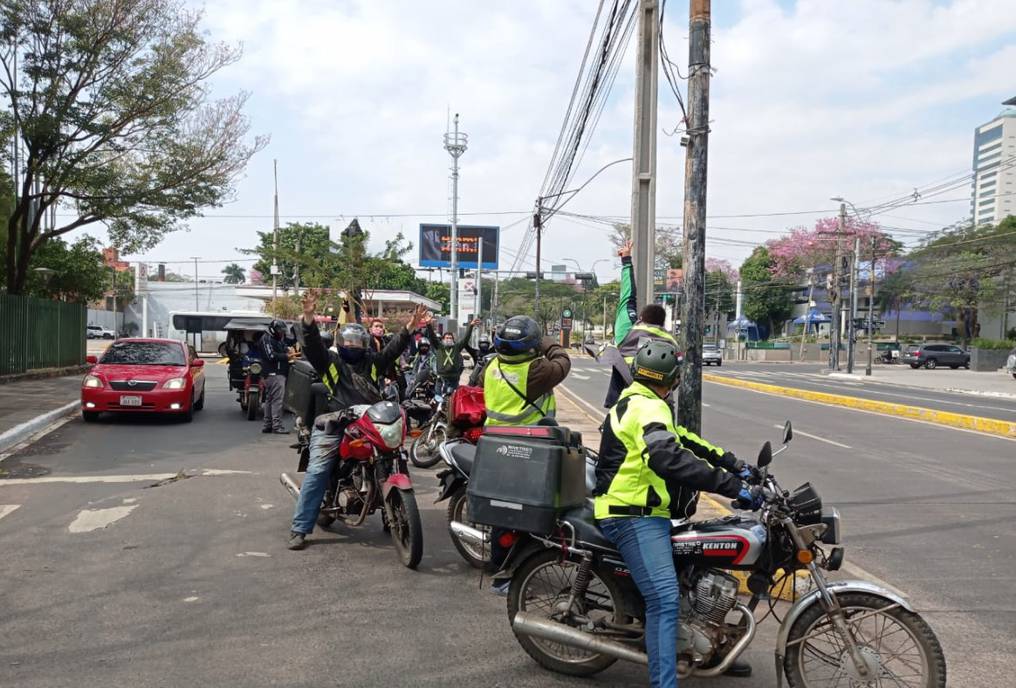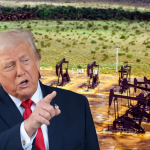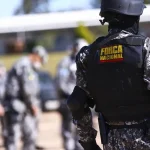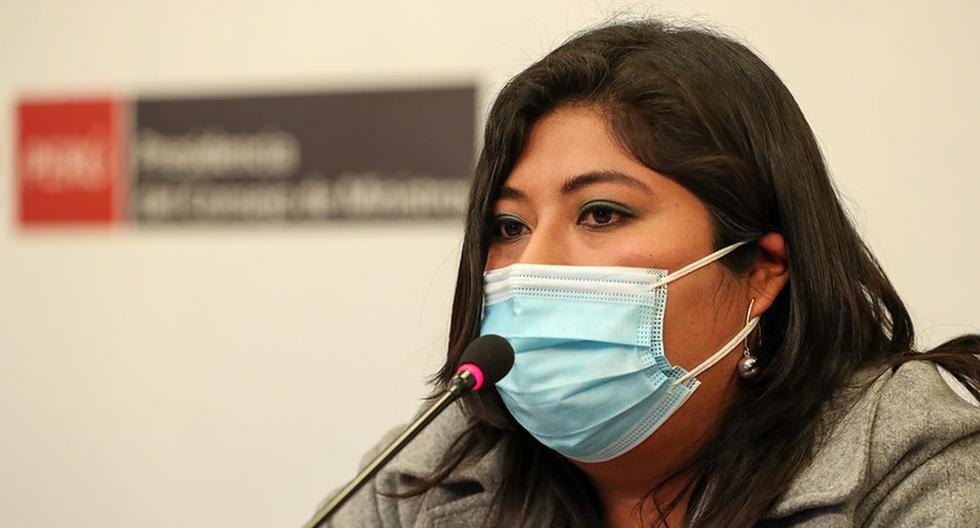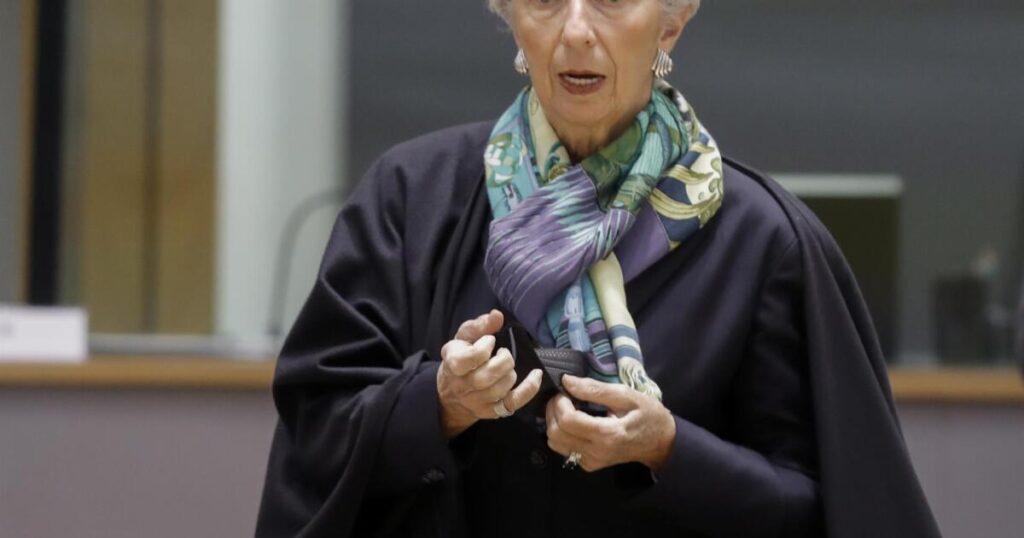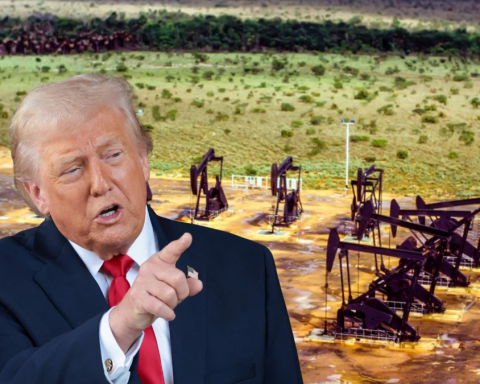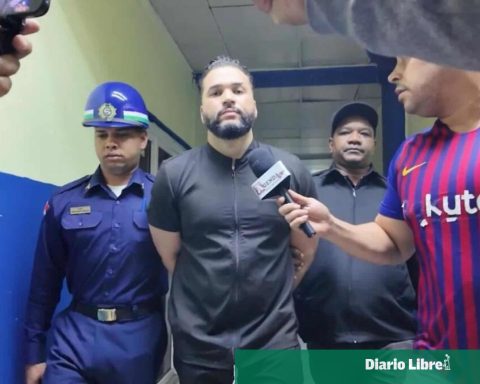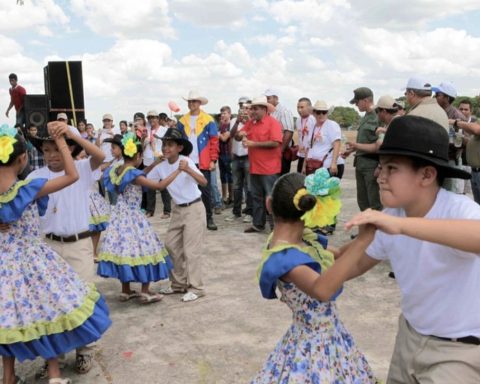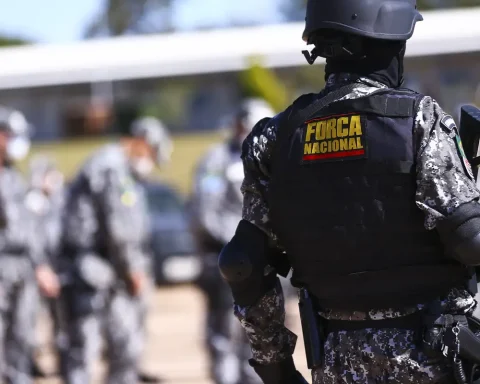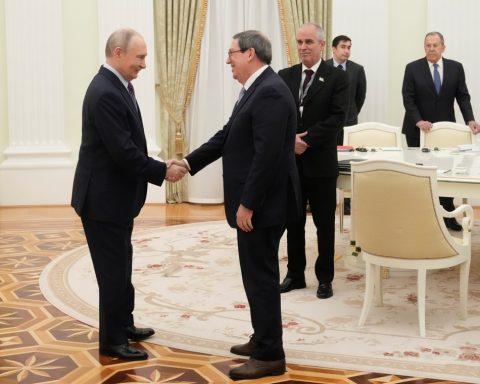The peasant and indigenous organizations presented a series of demands to the Government, among them the repeal of the law that criminalizes invasions, the declaration of an emergency due to the drought and the reduction of the price of fuel, among others.
This Tuesday a dialogue table was held in the Chamber of Senators with the participation of authorities from the Executive Power, legislators and peasant and indigenous leaders.
On the occasion, both parties were able to discuss the series of claims that have been raised in the framework of the demonstrations taking place in Asunción.
The National Plenary of Peasant, Indigenous and Popular Organizations requested the mediation of the National Congress to summon the other powers of the State, so that their demands can be met.
Some of the points that were included in the series of proposals are: repeal of the law that penalizes occupations on private property (known as the Riera-Zavala Law), the approval of the bill that declares an emergency due to the drought, the cessation of evictions for one year together with the legalization of peasant, urban and indigenous community settlements.
Likewise, these sectors propose that the properties that are seized from organized crime be destined for the Agrarian Reform and that high-value goods be auctioned off to use the money for the emergency plan.
Another point pointed out in the document is the State policy for national production in the face of production loss as a result of climate change, as well as the provision of seeds, infrastructure and technical support to small producers. Within that proposal is also the approval of the Agricultural Insurance Law project and the freezing of interest on debts for a period of 3 years and a one-year moratorium.
Likewise, the peasants and indigenous people demand compensation for the loss of production due to the drought for a period of 6 months together with a production plan and provision of basic services for the indigenous communities.
Finally, in the text they also ask for the release of “political prisoners” who were detained during the struggles for land, the immediate cessation of deforestation and the use of agrochemicals, in addition to the reduction in the price of fuel and the regulation of prices by Petropar.
